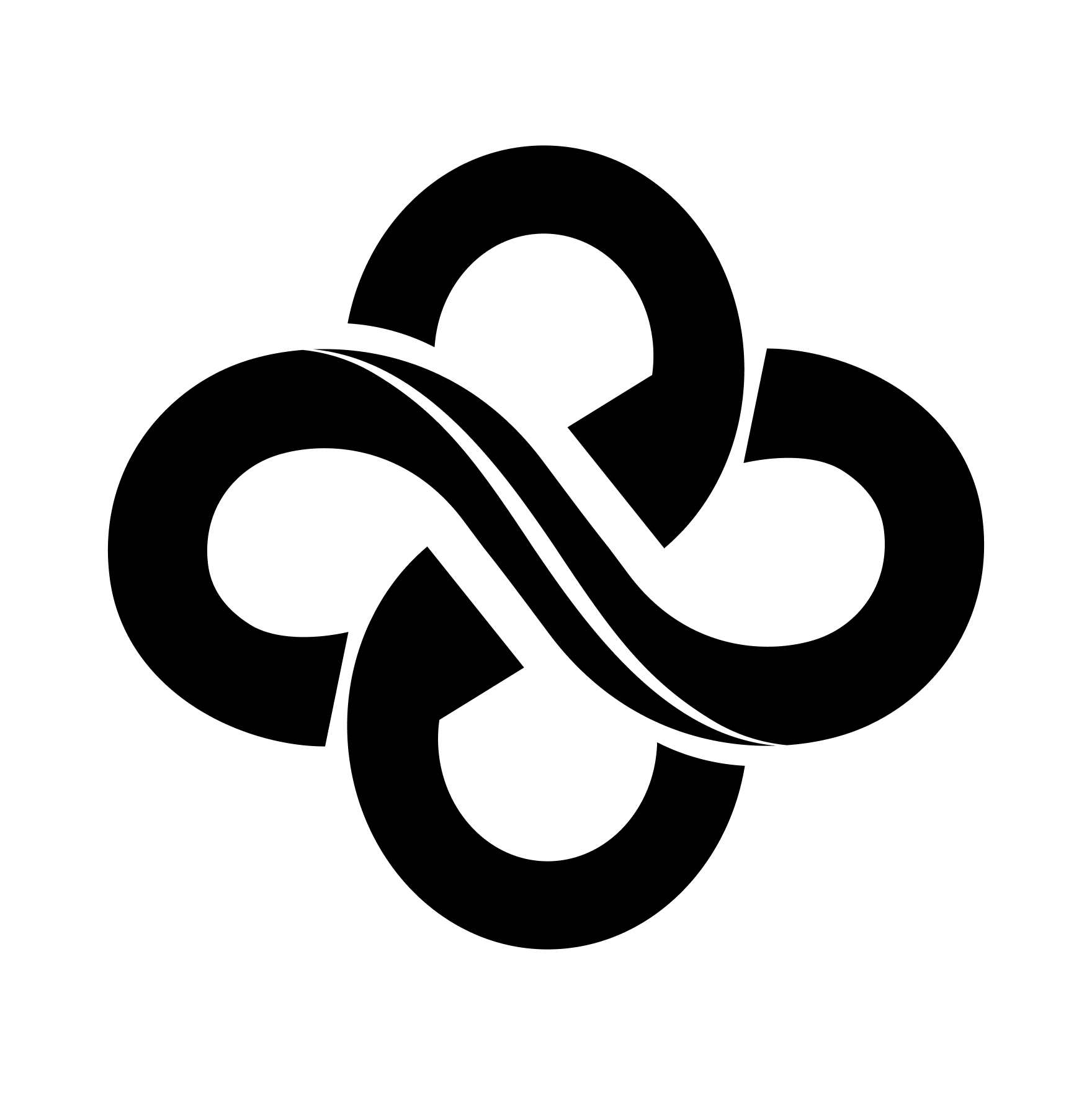Assign different roles to GPTs to form a collaborative software entity for complex tasks.
- MetaGPT takes a one line requirement as input and outputs user stories / competitive analysis / requirements / data structures / APIs / documents, etc.
- Internally, MetaGPT includes product managers / architects / project managers / engineers. It provides the entire process of a software company along with carefully orchestrated SOPs.
Code = SOP(Team)is the core philosophy. We materialize SOP and apply it to teams composed of LLMs.
Software Company Multi-Role Schematic (Gradually Implementing)
- Dec 15: v0.5.0 is released! We introduce incremental development, facilitating agents to build up larger projects on top of their previous efforts or existing codebase. We also launch a whole collection of important features, including multilingual support (experimental), multiple programming languages support (experimental), incremental development (experimental), CLI support, pip support, enhanced code review, documentation mechanism, and optimized messaging mechanism!
# Step 1: Ensure that Python 3.9+ is installed on your system. You can check this by using:
# You can use conda to initialize a new python env
# conda create -n metagpt python=3.9
# conda activate metagpt
python3 --version
# Step 2: Clone the repository to your local machine for latest version, and install it.
git clone https://github.com/geekan/MetaGPT.git
cd MetaGPT
pip3 install -e . # or pip3 install metagpt # for stable version
# Step 3: setup your OPENAI_API_KEY, or make sure it existed in the env
mkdir ~/.metagpt
cp config/config.yaml ~/.metagpt/config.yaml
vim ~/.metagpt/config.yaml
# Step 4: run metagpt cli
metagpt "Create a 2048 game in python"
# Step 5 [Optional]: If you want to save the artifacts like diagrams such as quadrant chart, system designs, sequence flow in the workspace, you can execute the step before Step 3. By default, the framework is compatible, and the entire process can be run completely without executing this step.
# If executing, ensure that NPM is installed on your system. Then install mermaid-js. (If you don't have npm in your computer, please go to the Node.js official website to install Node.js https://nodejs.org/ and then you will have npm tool in your computer.)
npm --version
sudo npm install -g @mermaid-js/mermaid-clidetail installation please refer to cli_install
Note: In the Windows, you need to replace "/opt/metagpt" with a directory that Docker has permission to create, such as "D:\Users\x\metagpt"
# Step 1: Download metagpt official image and prepare config.yaml
docker pull metagpt/metagpt:latest
mkdir -p /opt/metagpt/{config,workspace}
docker run --rm metagpt/metagpt:latest cat /app/metagpt/config/config.yaml > /opt/metagpt/config/key.yaml
vim /opt/metagpt/config/key.yaml # Change the config
# Step 2: Run metagpt demo with container
docker run --rm \
--privileged \
-v /opt/metagpt/config/key.yaml:/app/metagpt/config/key.yaml \
-v /opt/metagpt/workspace:/app/metagpt/workspace \
metagpt/metagpt:latest \
metagpt "Write a cli snake game"detail installation please refer to docker_install
- Try it on MetaGPT Huggingface Space
- Matthew Berman: How To Install MetaGPT - Build A Startup With One Prompt!!
- Official Demo Video
customized_tasks_by_MetaGPT_v2.mp4
- 🗒 Online Document
- 💻 Usage
- 🔎 What can MetaGPT do?
- 🛠 How to build your own agents?
- 🧑💻 Contribution
- 🔖 Use Cases
- ❓ FAQs
📢 Join Our Discord Channel!
Looking forward to seeing you there! 🎉
If you have any questions or feedback about this project, please feel free to contact us. We highly appreciate your suggestions!
- Email: alexanderwu@deepwisdom.ai
- GitHub Issues: For more technical inquiries, you can also create a new issue in our GitHub repository.
We will respond to all questions within 2-3 business days.
For now, cite the arXiv paper:
@misc{hong2023metagpt,
title={MetaGPT: Meta Programming for A Multi-Agent Collaborative Framework},
author={Sirui Hong and Mingchen Zhuge and Jonathan Chen and Xiawu Zheng and Yuheng Cheng and Ceyao Zhang and Jinlin Wang and Zili Wang and Steven Ka Shing Yau and Zijuan Lin and Liyang Zhou and Chenyu Ran and Lingfeng Xiao and Chenglin Wu and Jürgen Schmidhuber},
year={2023},
eprint={2308.00352},
archivePrefix={arXiv},
primaryClass={cs.AI}
}









